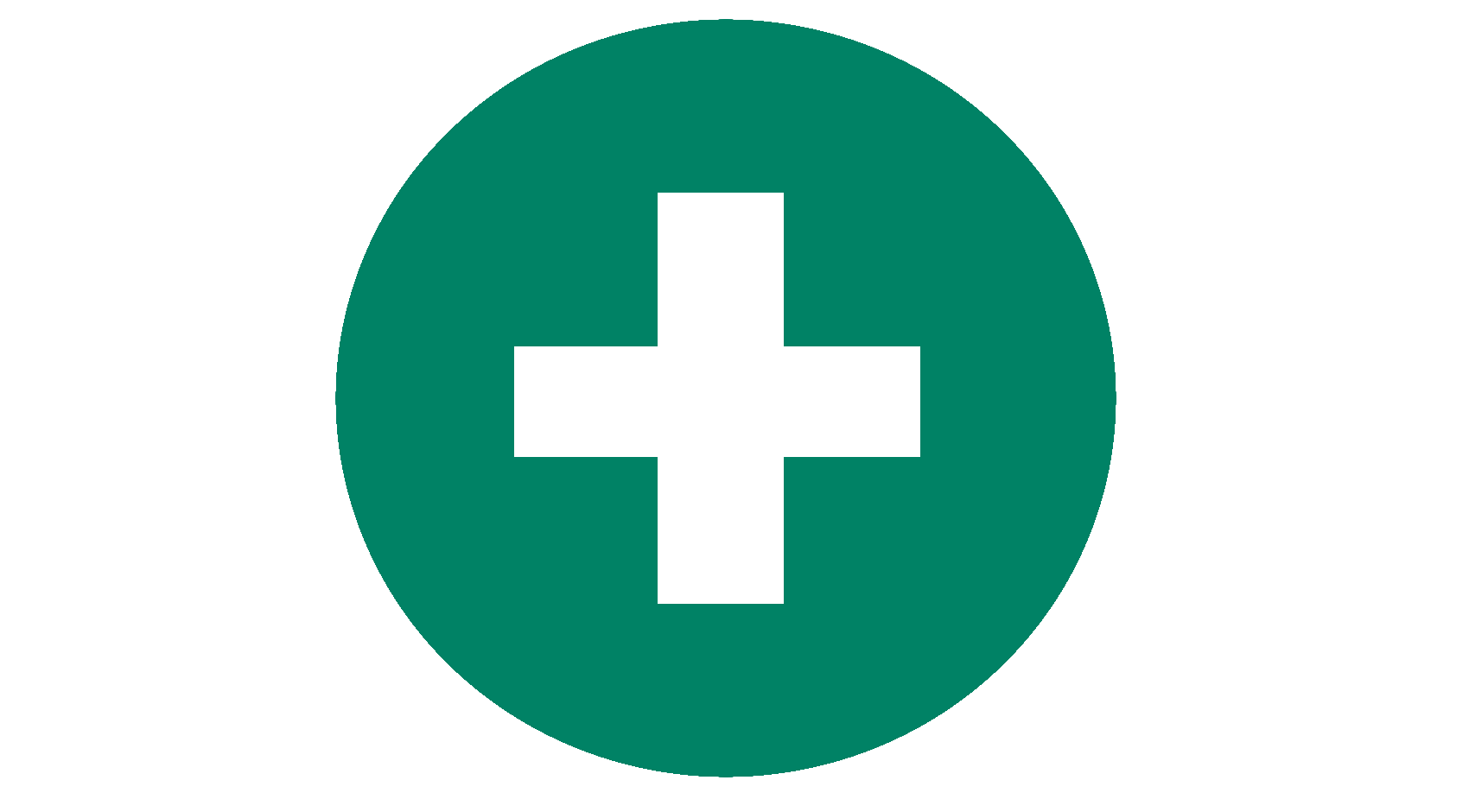Animal Welfare Act 2002
The Act contains some specific provisions relating to veterinarians. The Act allows veterinarians:
- to undertake tail docking of a dog in certain circumstances in the interests of an animal's welfare
- a defence to a charge of cruelty (other than in relation to prescribed surgical practice or activity) for the person to prove that they were a veterinary surgeon, or were acting on the instructions of a veterinary surgeon and were providing the animals with veterinary care in accordance with generally accepted veterinary practices.
Tail docking
Tail docking means the removal of one or more of the coccygeal vertebrae, whether by cutting, ablation, elastration or any other means.
The tail docking of dogs is prohibited. It is an offence under regulation 14 of the Animal Welfare (General) Regulations to dock the tail of a dog unless the removal is performed by a veterinary surgeon and only if the tail docking is clinically indicated to cure or alleviate a disease or injury from which the dog suffers. The penalty for an offence under regulation 14 is $2000.
This means that if a veterinarian removes the tail of a dog for any reason other than to alleviate a disease or injury from which the dog suffers, for example for prophylactic or aesthetic reasons, the veterinarian may be prosecuted.
Natural disaster
In the event of a large scale natural disaster in WA, the Department of Primary Industries and Regional Development (DPIRD) or other responding organisations may need voluntary support from veterinarians and veterinary nurses. The Australian Veterinary Association will coordinate gathering information about veterinary volunteers via its website if a disaster occurs and volunteers are needed.
Enquiries can be directed to the Australian Veterinary Association on +61 (0)8 9388 9600, 1300 137 309 or members@ava.com.au. Further information can be found on the Australian Veterinary Association website.
Cruelty cases
Veterinarians may from time to time be faced with cases where an animal has suffered harm as defined in the Act. Cases may range from overt cruelty, for example where an animal has been deliberately or maliciously injured, to cases where an animal may be suffering through lack of or inadequate treatment provided by the animal’s owner, for example where an owner has failed to treat or euthanase an animal with a serious injury, such as a broken leg, or chooses for some reason not to proceed with treatment.
As a veterinarian you are responsible for giving the owner information about the animal welfare consequences of such decisions. If an animal suffers because of a decision (or lack of decision) by an owner who has been informed of the possible consequences, the owner is responsible.
In any such case where a veterinarian is concerned for an animal’s welfare the veterinarian is encouraged to report the matter to the RSPCA.
Veterinary advice
As part of enforcing the Act, general inspectors have the power to direct a person in charge of an animal to seek veterinary treatment for their animal.
In certain circumstances a general inspector also has power to seize an animal. A seized animal may be presented to a veterinarian for examination and treatment.
When examining, providing treatment and giving advice in relation to animals in these situations, it is important for the veterinarian to keep accurate and detailed contemporaneous clinical records and to provide clear and detailed written instructions. This will assist further enforcement actions if required in the event that a treatment plan or instructions are not followed.
Expert evidence
Veterinarians are sometimes asked to provide expert opinion to a general inspector investigating a complaint under the Act and may be required to provide expert evidence in court in the event of a prosecution.
It is important to appreciate and acknowledge that an expert’s opinion must be independent and the duty of an expert is to assist a Court impartially on matters relevant to the expert’s area of expertise.
In order to assist veterinary surgeons who are asked to provide an expert opinion, the department has produced the Veterinarian's Guide to Animal Welfare Cases. This guide contains in-depth information on sample collection and submission, clinical examinations and preparing a surgeon’s report for court, as well as guidance on the court process more generally.

